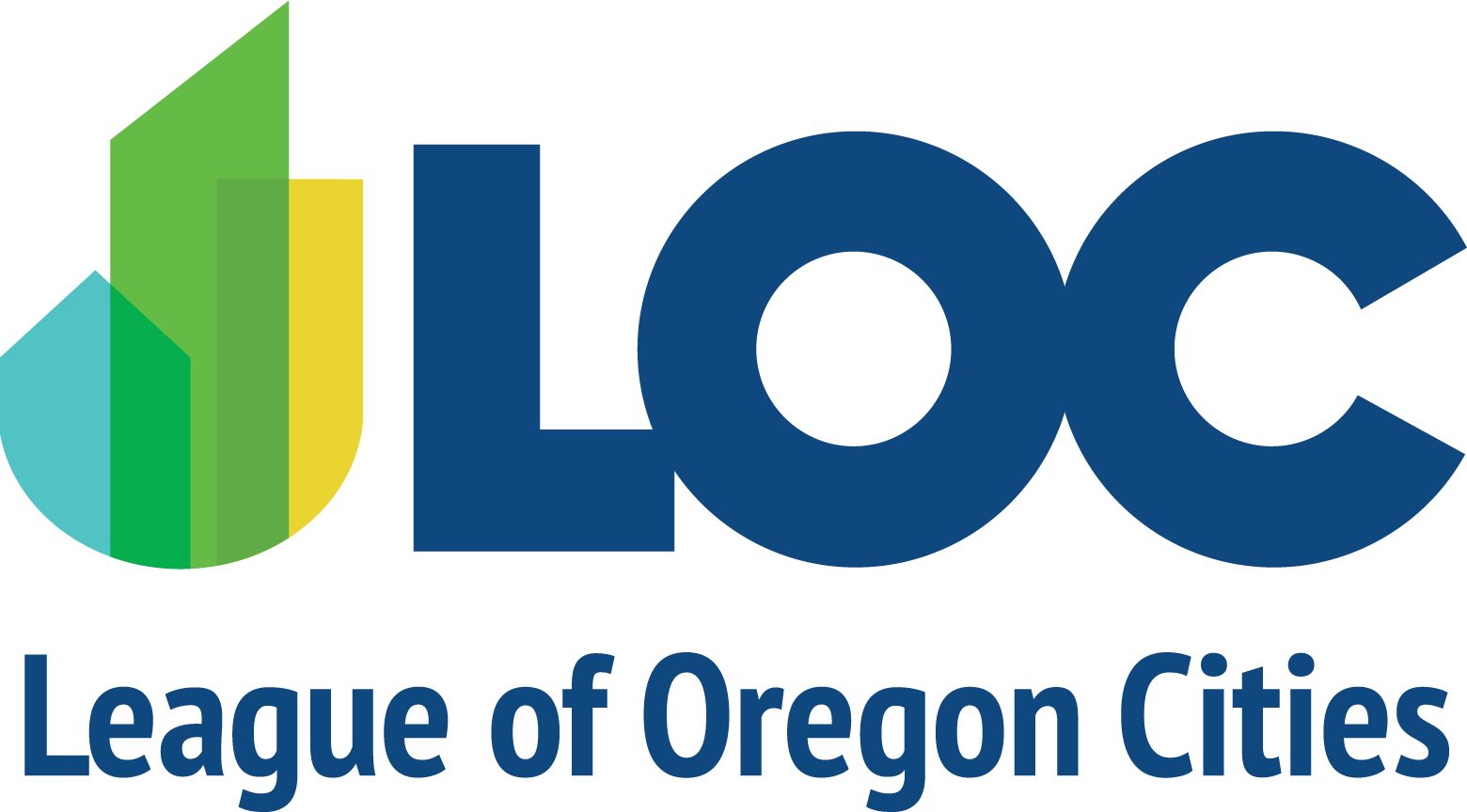LOC News
Oregon Economy Slowing, Likely Not in a Recession
On August 27, the Legislature’s Revenue Committees heard the first of eight revenue forecasts for the 2025-2027 biennium. Notably mentioned as key part of the forecast was the effect of recent federal legislation, H.R. 1, or the “Big Beautiful Bill.” While recently passed state legislation has some impact on the forecast, the federal changes overshadow them.
The Legislative Revenue Office has released a report on the impacts of H.R. 1 on Oregon. The largest component of the report details how Oregon is connected to federal tax code unless the Legislature acts. H.R. 1 has 115 tax provisions, and the Legislative Revenue Office estimates the impact from this act on the state’s general fund to be -$888 million for the 2025-27 biennium. This is partially mitigated by legislators keeping an excess of $472.8 million in anticipation of federal changes. All total, economic and legislative adjustments incorporated into this forecast put the state’s general fund in a projected deficit of almost $400 million, or 2% of the state’s biennial budget. There are still seven forecasts left in the biennium.
Other facts of note from the August 27 forecast:
- The most severe declines in employment have occurred in the manufacturing, construction, financial activities, wholesale trade, private education and information sectors. The broader state economy is likely to avoid recession as long as the national economy holds up. However, sector specific recessions are likely.
- The projected kicker has been reduced by almost $230 million, after tax receipts this year fell short of expectations. Taxpayers can now expect a refund of about $1.4 billion when they file their taxes next year.
- The Oregon Lottery forecast is the most significant change to non-general fund revenues. Video lottery sales have deteriorated and projected earnings have decreased $109.2 million for the biennium.
- Major sources of uncertainty pertaining to tariffs, federal fiscal policy and tax reforms have been resolved, or at least diminished, during the summer months. Once the economy moves on from the newness of tariffs and begins responding to tax and interest rate cuts that take effect in 2026, it’s possible things could improve.
Contact: Jenna Jones, Tax & Finance Lobbyist – jjones@orcities.org
Last Updated 8/29/25
